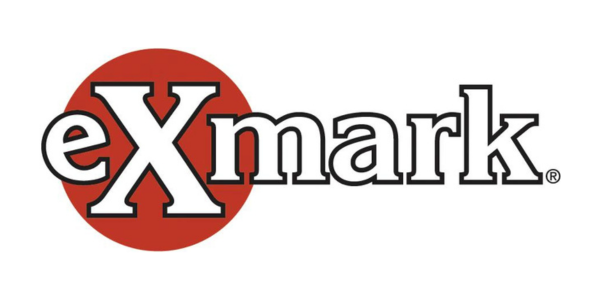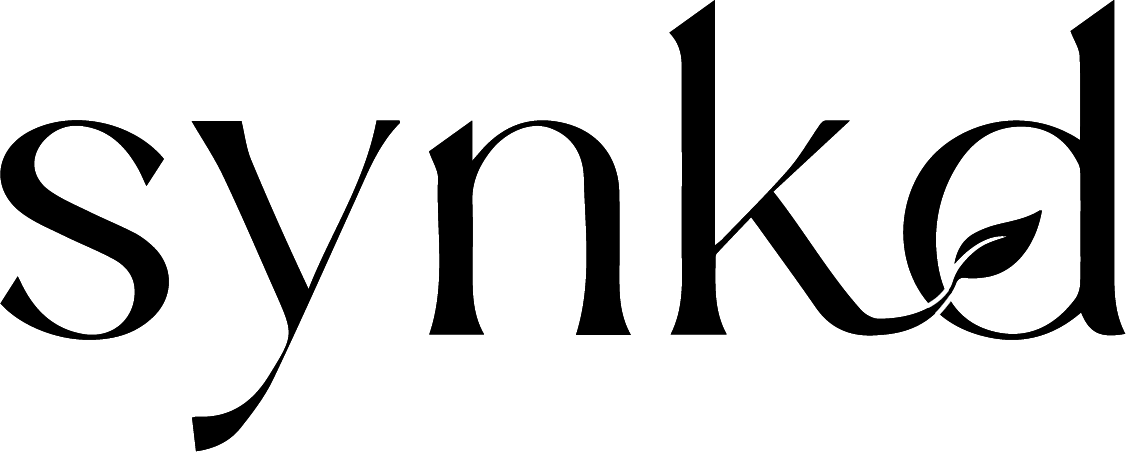Deborah Cole on Developing A Business That Does More with Less
Efficiency is one of the often-elusive keys to profitability. In our industry, we find ourselves in the ever-present struggle to concoct clever methods that will eke out more work from fewer people. Occasionally, heavy-handed punitive methods are used, leading to less productivity rather than more. Studies in productivity consistently indicate that happy employees are up to 20 percent more productive than unhappy employees. When salespeople are specifically studied, happiness has an even greater impact, raising sales by almost 40 percent. This data almost immediately leads us to either dismiss happiness approaches to business as “soft stuff” maneuvers or, conversely, to run out and buy happy pills or hire a staff comedian to jolly up the troops. Neither move would be effective.
Happiness in our industry can be defined as job satisfaction. Measures of job satisfaction should be narrowed down to attainable goals for leadership’s consideration. These aims are simple, but not easy. Building a company culture that is a true environment of belonging takes time and must be apparent from the top down. Key activities to promote happiness/job satisfaction are much more than “Taco Tuesdays” and occasional pep talks.
Companies that report high rates of employee engagement incorporate the following into their company culture:
The most important factor in job satisfaction for an employee is a feeling of safety and security in the workplace. This does not mean simply providing everyone with PPE and a healthy environment. Safety is a culture of everyone being treated fairly, equitably and with jobs not at risk because of whims of management. Leaders must be attuned to any signs of discrimination or mistreatment and encourage open communication and prompt action if
it occurs.
Satisfaction in any situation requires continual communication. It is imperative to let direct reports know when they’ve done a great job and to make it known publicly. Rewards for exemplary performance should not only include public recognition, but also tangible or non-monetary compensation such as paid time off. Conversely, if employees need course correction, any warnings should be actual teaching moments that happen quickly. Anger or reprimands at review time aren’t effective.
Employees must be compensated at a rate commensurate with their skill level and with the market. Underpaying staff to minimize budget impact only serves to destroy employee satisfaction, happiness and productivity.
Every employee must have the training they need as well as opportunities to advance in their careers as they would like. An untrained employee is a frustrated employee. Viewing training as frivolous leads to lower productivity, which leads to lower profits.
Developing a happy, and therefore more productive, workforce takes time. An improved culture isn’t created overnight. By making the shift a top priority, employees will be happier at work, happier at home, and productivity will increase, which is the trifecta of a successful work environment.

About
Deborah Cole is the founder of a commercial landscape firm with multiple locations throughout Texas. She now devotes herself full-time to speaking, writing and consulting.
www.deborahcoleconnections.com

Save Thousands on Exmark Stand-On and Zero-Turn Mowers
BEATRICE, Neb. —June 14, 2023— With the season hitting its stride, Exmark is making it easier than ever to upgrade to the company’s latest stand-on...

Exmark Introduces Vertex X-Series & Vertex E-Series Stand-On Mowers
New Introductions Complete The Vertex Line With A Full Range Of Models & Sizes
.png?width=541&height=218&name=synkd%20logo%20w%20tagline%20(2).png)



 Deborah Cole
Deborah Cole
